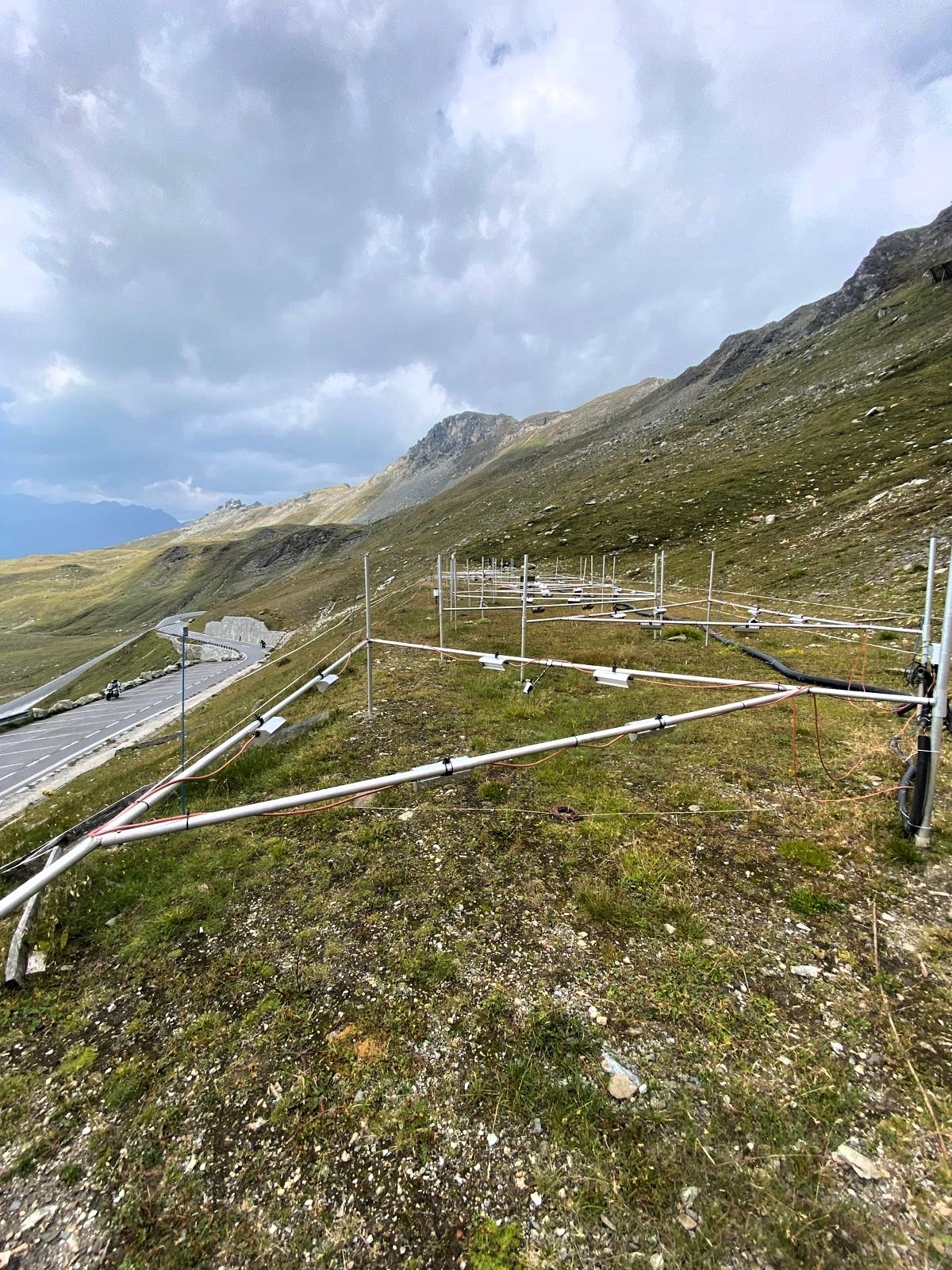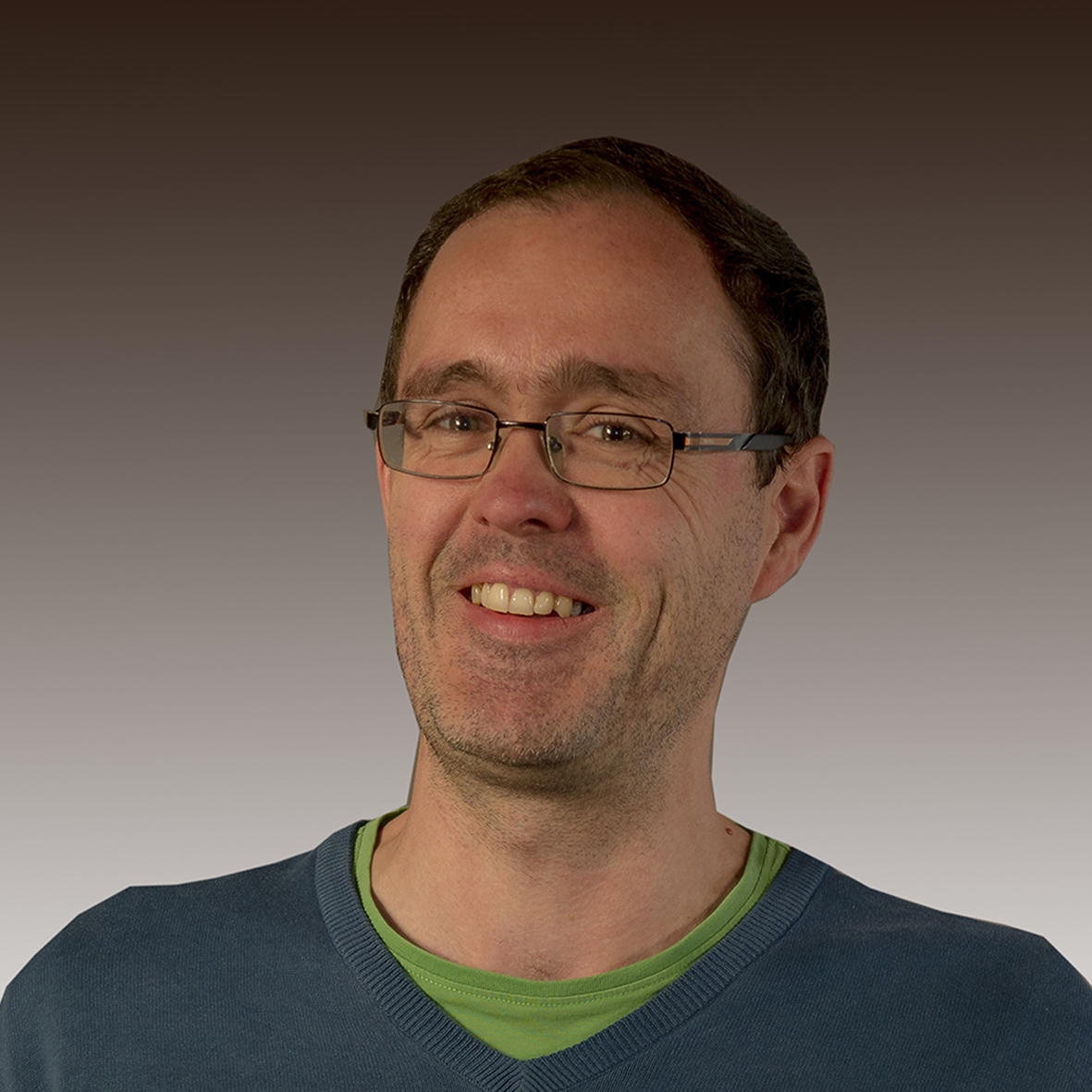The aim of the experiment, which is part of the ACRP project ("Effects of climate change on biological soil crusts and their ecosystem services in alpine regions"), is to research the effects of climate change on biological soil crusts (biocrusts) and their ecological benefits .
Background and motivation
Climate change is particularly drastic in the European Alps - the temperature here is rising about twice as fast as the global average. This increase in temperature and the changing precipitation patterns threaten the high alpine ecosystems. Biological soil crusts play an essential role in these sensitive regions: They stabilize the soil, prevent erosion and bind vital nutrients for the alpine vegetation.
The experiment
In the summer of 2024, a test area was set up near the Großglockner High Alpine Road at Hochtor. An infrared heating system was installed here, which enables targeted heating of soil plots. The experiment simulates the effects of both increased temperatures and reduced snow cover on biocrusts. The warming plots are heated in such a way that an average temperature increase of 3°C is achieved. This makes it possible to precisely simulate and analyze potential consequences of climate change.
First results and outlook
The test runs have already shown stable temperature control, and initial data collection is promising. The findings from this project will help to better understand the adaptation strategies for alpine ecosystems and develop recommendations for the protection of these valuable regions. This project highlights the importance of applied climate research and conservation efforts in alpine habitats.







